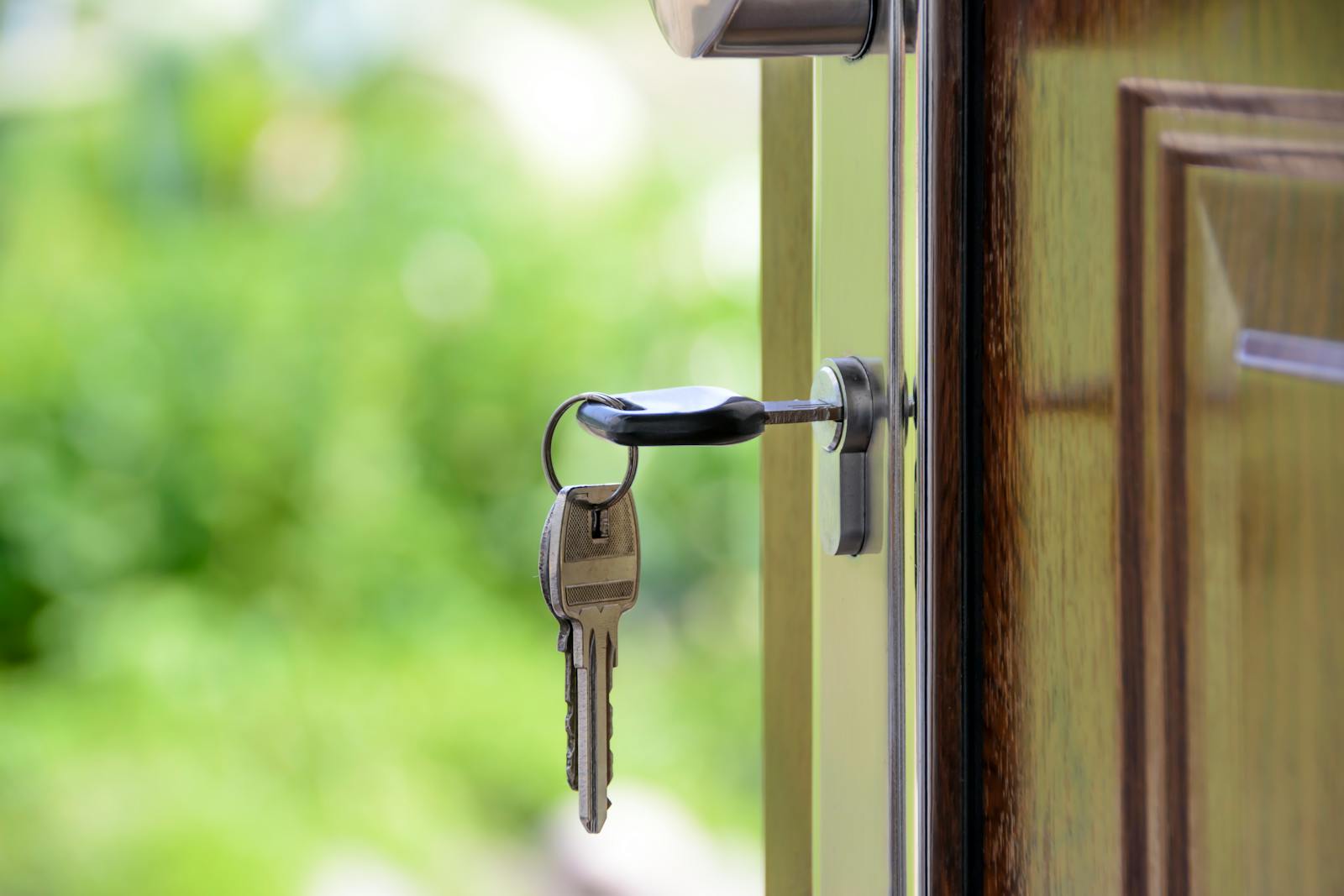We’re a full-time, full-service real estate team serving Kingston, Ontario, and the surrounding area with integrity, expertise, and heart. We specialize in helping clients navigate every stage of buying or selling — from first-time home buyers to investment properties, historic homes, and waterfront escapes. Backed by REMAX Finest Realty and supported by a trusted network of stagers, photographers, legal professionals, and trades, we offer a seamless, strategic approach designed to help you succeed in today’s market. Whether you're relocating, upsizing, downsizing, or investing, we're here to help you move forward with confidence.
Find your dream home today!
Start your search
Search By Area
Advanced search
Property Type
Search by
Buyers
Resources for
When buying your house, this will undoubtedly be one of the largest financial transactions most people will ever make. With our expertise, we will help guide you through all the obstacles during this difficult decision.

Sellers
Resources for
When selling your house, our goal is to sell your property at top market value, quickly and painlessly. See how we can help get you more. When you make the important decision to sell a home, we are committed to going the extra mile.

